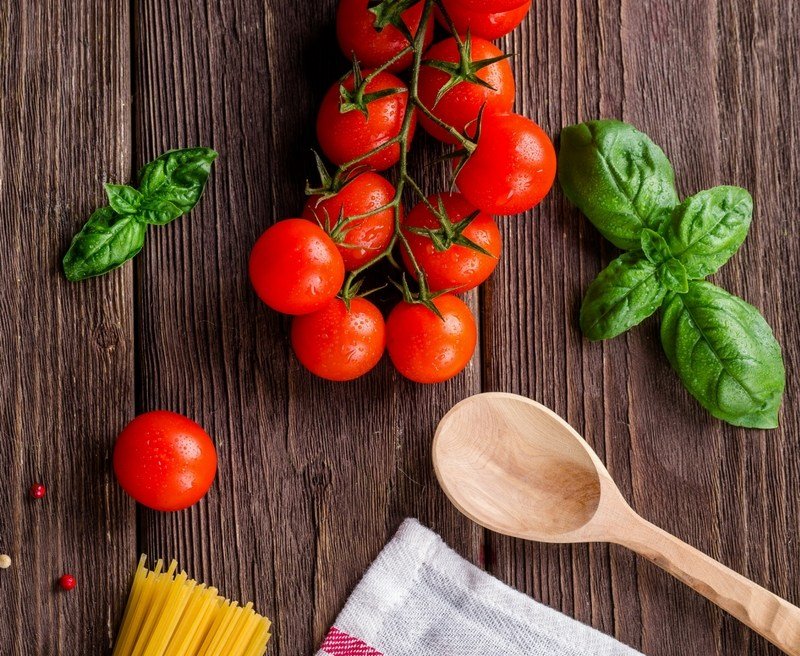Responding to a Global Food Crisis
The Issue
There are more warnings now than ever about the state of our food system and the pending Global Food Crisis. Increasing populations will soon mean more mouths to feed than there will be food to go around. Increasing demand coupled with decreasing availability and supply of food will mean price increases. A changing climate will mean longer, drier summers leading to growing challenges and unpredictable weather events that can impact crops, critical infrastructure, distribution, and key community assets.
The latest scientific evidence suggests that changes in climate will exacerbate existing threats to food security and livelihoods through a combination of more frequent and intense climate hazards, diminishing agricultural yields and production, and intensifying competition over scarce resources.
Our Position
Our food travels an average of 1500km to get to our plates. We rely on transportation networks and timely deliveries of food to grocery stores. Disruptions from major disasters could put us in a precarious situation.
Recently in Alberta, we have faced fire and flood. These events stretch our emergency preparedness to the max. It would be disastrous if we were to experience multiple events in one year. We are not adequately prepared for such a scenario, especially when it comes to our food supply.
What We Can Do
We can prepare for these challenges. We can plan and we can act. Even more, we can turn these challenges into incredible opportunity. Not only can we start providing more food production for ourselves, but if we start today, we can harness the coming demand and position our region as one of the essential food providers to the world.
To kickstart this process, I put forward a Food and Agri-Business Diversification Initiative late last year and for the past 4 months have been working tirelessly to develop a plan. This strategy will align all of the expertise and existing capacity within our city, the work of our regional partners, the provincial and federal governments, our food industries, community organizations, and post-secondary institutions to create a culture of food awareness and proactive readiness.
On March 20th City Council will vote on adopting various Council Initiatives and I am hopeful they will see the power of what we can do when we apply intention and vision to this issue.
All the pieces we need exist, we just have to put them together. I liken it to an IKEA furniture set; this Initiative is the Allen key.
In the past four months I have met with Mayor Don Iveson, multiple departments in the City of Edmonton's Administration (including FRESH), with various Councillors, Provincial and Federal Ministers, and with local food organizations and businesses, including members of the Edmonton Food Council. I have shared my vision, hoping to further align our direction.
Edmonton Global is currently assessing the key sectors in our region that we will need to focus on in the coming years and the agricultural sector is one of them. Councillor Michael Walters is working on that segment of this overall strategy and he is keenly interested in these issues. He can certainly provide a great deal to this Initiative as he gets more involved in taking a role in it.
We can work together to get our city and region into a better position to mitigate these challenges and weather the storm.
The Benefits
By responding quickly and decisively to the opportunities before us, we can bring more sustainable, value-added jobs to Ward 4 and the entire Edmonton Metro Region. We can increase the positive economic impact for local businesses and trade and enhance the connections and capacity in communities. Local food production can also increase self sufficiency for our city and region and provide a greater ability to weather the ups and downs of a resource economy through further diversification, innovation, emerging technologies, and strategic best practices.
There are examples locally and around the world of the kinds of innovative ideas that can be leveraged to participate successfully in new economic opportunities. The Edmonton region is in a strategic position to take advantage of our strengths to build a resilient, sustainable food industry.
Click here to read more about my Food and Agri-Business Diversification Initiative

